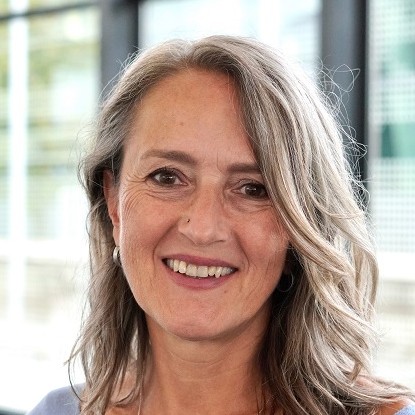Advanced Data Visualization with Python (March 13th, 2026) – Online Training
252_FM0501
Data visualization is an essential tool in academic research—it allows you to explore complex datasets, communicate results effectively, and support your arguments with clarity and precision. This course focuses on advanced data visualization techniques using the Python programming language, with a particular emphasis on methods that are relevant across disciplines in academia.
In this course, you will learn how to use Python to create clear, informative, and publication-ready visualizations. You will explore how to visualize multivariate data, how to communicate statistical relationships, and how to represent uncertainty in your findings. By working through practical coding exercises using real datasets, you will gain a deeper understanding of how thoughtful visual design can enhance your research.
Description:
This course aims at researchers with prior experience in Python. Hence, we will dive right into data visualization concepts that are frequently used in an academic setting.
After successfully completing this course, you will be able to:
Create advanced plots to explore and present multivariate datasets
- Use Python libraries such as Seaborn and Matplotlib to build customized figures
- Visualize statistical models, confidence intervals, and distribution-based uncertainty
- Apply best practices for clarity, accuracy, and aesthetics in academic data visualization
Methods:
- The course will alternate between short introductions to concepts or methods and small do-it-yourself coding exercises.
- In between the theory sessions, you are encouraged to work on exercises that further deepen your understanding.
Conditions:
- Prior coding experience is strongly recommended. The course will dive deeper into concepts of advanced visualization in Python. Prior experience in data science with Python (pandas, basic pyplot, basic seaborn) is recommended to follow the content. However, some reading material will be shared before the course to repeat the basics.
- A Google Account to work with Google Colab as a simple and ready-to-go development environment. Alternative: a locally installed Jupyter Notebook environment. Due to time constraints, we will not go through the installation and setup, so we highly encourage using Google Colab.
- Please bring your own laptop to code along during the application exercises.
Target group: Doctoral candidates and postdcos from all disciplines with prior coding experience
Trainer: Jan Bischoff | TechAcademy & Goethe University Frankfurt
Language: English
Date/Time: Friday, March 13th, 2025 | 1:00 pm – 4:30 pm
Location: Online via Zoom. You will receive the link to login into the virtual room via email by your trainer.
Registration: Please fill in the Ingenium registration form (opens in new tab).


Jan Bischoff studied Economics at Goethe University Frankfurt. Currently, he studies International Management at Goethe University Frankfurt. He is research assistant at the Chair for E-Commerce and Vice-Chairman of Techacademy e.V.
His motto: Steve Jobs said that coding teaches you how to think. I totally agree with that and think that Python is the perfect language to start with.
You would like to participate in Ingenium events but do not have child care during that time? Here you can find more information about short-term child care at TU Darmstadt (opens in new tab).


